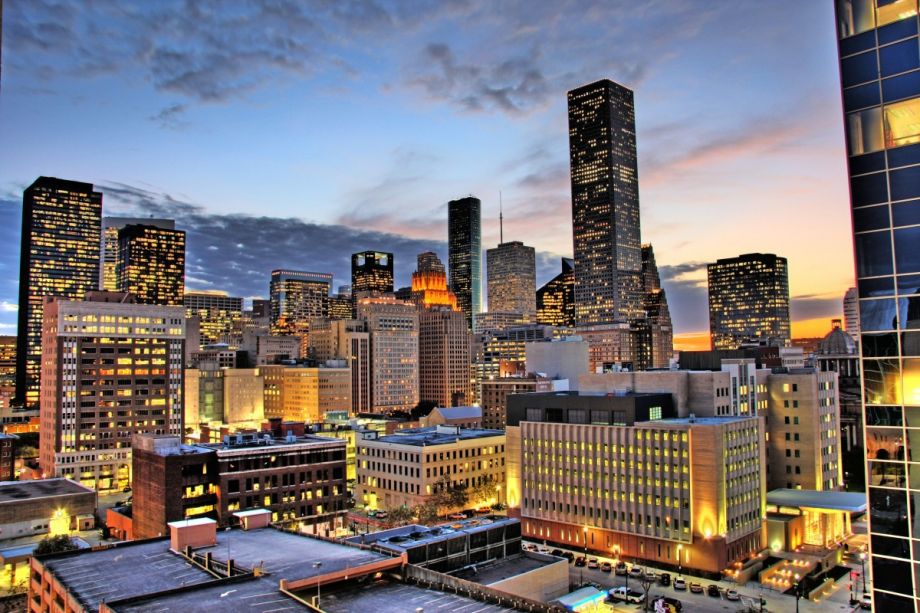A word about poverty in State of the Union
By Jonathan Capehart ,
Everyone who is anyone with a pet cause or project has been angling for weeks to get a word, a phrase or even a full paragraph or two from President Obama in tomorrow night’s State of the Union address. If the reports hold up, he’ll focus on jobs and the economy. After more than four years of financial hardship, Obama can’t talk about this often enough.
Specifically, I’m looking for the president to use the word “poverty” or “poor.” Because of the relentless focus on the middle class — those in it and those who aspire to join the club — poverty and the poor often go ignored or unremarked. That’s not to say that those issues are not important to Obama. Quite the contrary, as any honest assessment of his record that goes deeper than the headline-grabbing actions would show. Still, use of the words “poverty” and “poor,” especially its impact on children and in this particular address, would be the thunderclap of attention needed to kick start a renewed effort to do something about it.
Last week, I told you about a coalition of 16 advocacy groups calling on Congress to establish a new National Commission on Children. Save the Children has amassed almost 100,000 signatures inan online petition calling for one. Folks call for the creation of commissions all the time. Then they wait for the nod. And if the nod comes, they convene experts, write a report and hope that one of their recommendations leaps from obscurity to become enacted policy. But this time might be different.
For starters, these folks have cash to finance the endeavor. The Center for the Next Generation alone has raised more than $1 million for a proposed national commission on children. Also, these groups envision a new model for the commission: one that has the three P’s as its focus: public engagement, private-sector involvement and personal responsibility; and one that calls on all stakeholders to be a part of the solution, rather than wait for one prescribed by Washington.
The idea holds great promise. All that’s needed is for Obama to say the word and to go as boldly as the advocates want.
Follow Jonathan Capehart on Twitter.









 Houston is one of four big metros where there was a notable drop in the poverty rate in 2014. (Photo by Eflon)
Houston is one of four big metros where there was a notable drop in the poverty rate in 2014. (Photo by Eflon)





